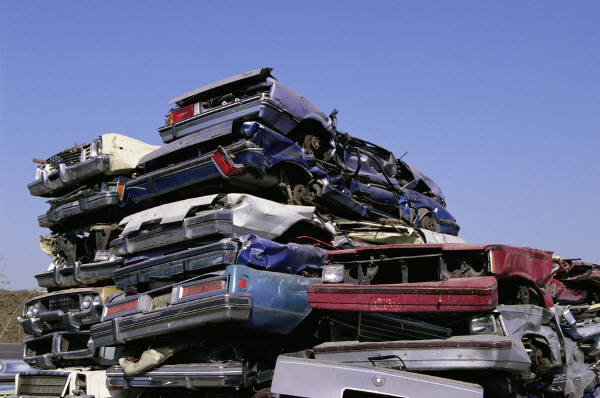I interviewed a young man who used to be one of those individuals who like to race with anyone at anytime and anywhere. He has, however, stopped racing since he got into a terrible accident. I wanted to know his story.
I asked him if it was alright with him for me to interview him and record the interview for the purpose of my research work. He readily agreed without stating any condition. Indeed, he was eager to do so. I began my interview by asking him the following questions, and true to his word, he was very frank with me.
Could you please tell me about yourself?
My name is Mohammed, and I am 20 years old. I am a student at Sultan Qaboos University. I have four brothers but no sisters. I live with my parents. I used to like racing cars with anyone, anywhere, but I stopped after I had an accident.
Could you describe the day of the accident?
I remember it very clearly. It was one year ago, when I was 19 years old. It was on my birthday. My friends had given me a small party in one of the restaurants at Shatti Al-Qurum. We ate and talked, and everyone wished me a happy birthday. At about four-thirty in the afternoon, everyone started leave. One of my friends jokingly challenged me to a race. I took it seriously and told him that the race was on. Both of us started our car engines and stopped at the imaginary starting point. The race began, and both of us were driving like crazy, not carrying about anyone on the road. The only important thing was to win the race. Suddenly, from nowhere, some children were crossing the road in front of me. I tried to avoid them. I failed to avoid them all. Two boys were hit by my car and were thrown ten meters on the side of the road. They were about six to eight years old. I stopped the car and stayed in it for one whole minute in silence. I could not move from the shock. Luckily, there were other people around, and they quickly helped the injured boys. Every second that passed was important to save those boys' lives. Then, EMS and the police arrived. They took the boys to the hospital, and I was taken to the police station for investigation.
What were your feelings after the accident?
I felt so bad for those boys and their families. Images kept coming to my mind. I saw them smiling and playing and how they changed after the accident with the blood splashed all over their tiny bodies. I barely saw their faces. After I was released from the police station, I went directly to the hospital to see the injured boys. I saw their family members crying and moaning. They did not know that I was the one who caused the accident. I asked the nurse about the boys, and she told me that luckily they would survive but that it would take a long time before they would completely recover.
Why were you so eager to carry out this interview?
I felt and still do feel so guilty that I have to express my repentance in one way or another. When you told me that you are doing some research work, I thought that perhaps my experience could contribute something to it. Please make sure that you put in your record the fact that anyone who causes an accidents will always have their conscience bother them for the rest of their lives, especially if someone dies during the accident. It is a terrible feeling.
What could the community do to make the road safer?
The community should make sure that young people who are allowed to drive are well acquainted with the traffic laws and that anyone who breaks them is properly punished or, at least, has his license revoked. It should also allocate special places for racetracks which are well equipped for any emergency. Perhaps the community should work very closely with both the police and the Ministry of Health to make sure, in case of accidents, that emergency doctors can be immediately sent to these places to carry out initial first aid.
The outcome of the interview, especially the eagerness of Mohammed to talk to me, convinced me that there is an important role that I should be able to play as a future doctor. These young people need guidance. I should not be satisfied with sitting in the hospital and waiting for injured people to come for treatment. I should get more involved in community activities and help these young people by trying to convince them to avoid reckless driving. Normally, young people respect doctors, and hopefully by being involved with them, I should be able to influence them and prevent accidents. This would be a worthy cause, especially if one takes into account that, according to statistics, the main cause of death in the Sultanate of Oman is auto accidents.

